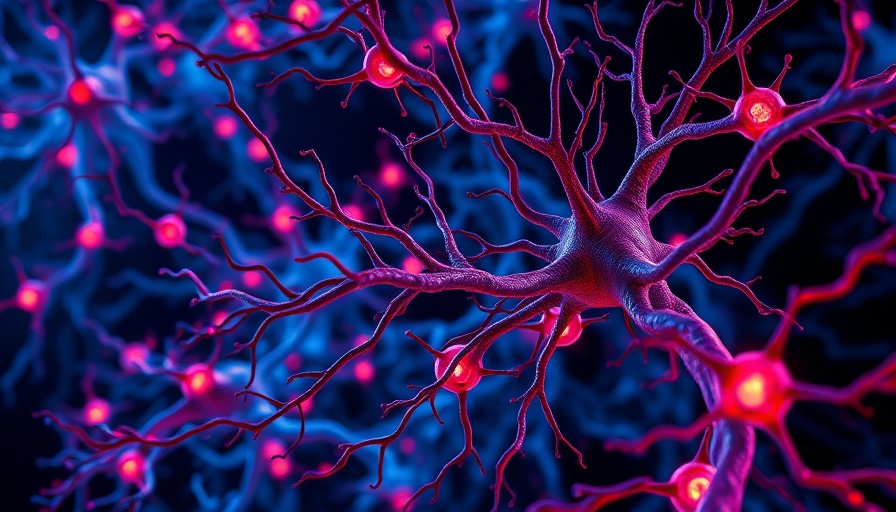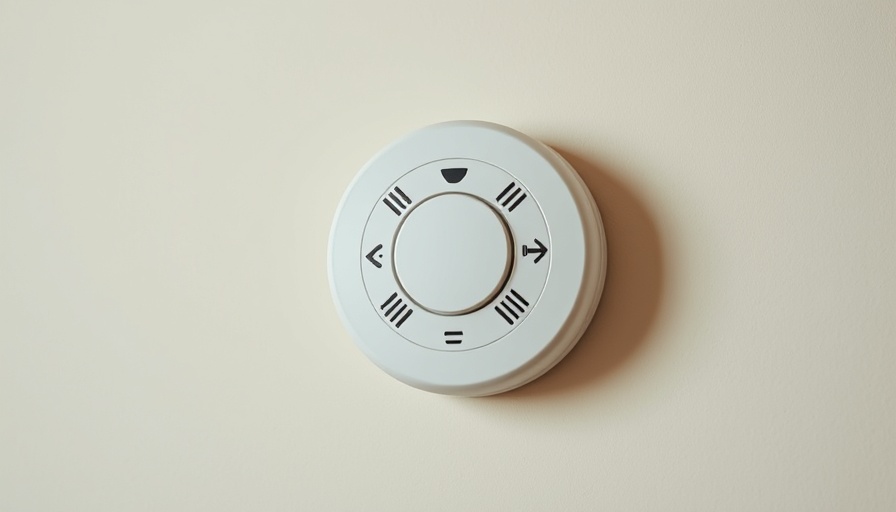
Unraveling the Mystery of Hormonal Imbalance
Many individuals walk through their daily routines feeling a pervasive sense of unease without understanding the cause. Often, this feeling stems from hormonal imbalance, a silent disruptor in our bodily functions. Hormones are the body’s chemical messengers, playing integral roles in regulating everything from mood and energy levels to digestion. When these hormones fall out of balance, the subtle signs are frequently overlooked or misdiagnosed as mere stress, fatigue, or the inevitabilities of aging.
What Are the Signs?
Recognizing the signs of hormonal imbalance is crucial for regaining well-being. These signs aren’t loud or overt; instead, they whisper to us through persistent fatigue, disrupted sleeping patterns, and unexpected weight gain that simply doesn’t fit our lifestyle choices. Here are key signs to watch out for:
Lingering Fatigue: More Than Just Tiredness
The overwhelming feeling of fatigue—when a good night’s sleep doesn’t seem to alleviate the exhaustion—is often one of the first signs of hormonal imbalance. This is not typical drowsiness; it’s a deeper, more stubborn fatigue that can arise from low adrenal output or a sluggish thyroid. As many people would attest, waking up still feeling groggy and fighting to stay awake come mid-morning can be incredibly frustrating.
Changes in Sleep Patterns: Breaking the Cycle
Another significant indicator is the disruption of sleep patterns. With hormones like melatonin and cortisol guiding our sleep-wake cycles, an imbalance leads to difficulties in falling or staying asleep. This cycle of poor rest can reduce hormone levels even further, worsening our fatigue and mental clarity. As deep, restorative sleep becomes elusive, grappling with fatigue can become a daily battle.
Brain Fog: The Struggle for Clarity
If you’ve found yourself struggling to concentrate or frequently forgetting names, it might not be just aging or stress; it could be hormonal. A lack of estrogen, testosterone, or thyroid hormones can cloud cognitive functions, leading to that bothersome brain fog that caffeine can’t shake off. When brain function is taxed, navigating daily tasks can feel overwhelming.
Unexplained Weight Gain: The Frustration of Stagnation
Many individuals experience sudden shifts in body composition, particularly around the abdomen, that aren’t linked to dietary changes or lack of exercise. This is often a sign of hormonal shifts related to insulin, cortisol, or thyroid output. Even with consistent workouts and healthy diets, frustration can arise when weight doesn’t budge.
Loss of Strength and Muscle Mass: Aging or Imbalance?
While some muscle loss is often attributed to aging, it can also be a red flag of declining hormone levels, such as testosterone and growth hormone. When these hormones decline, individuals may find themselves struggling with routine resistance training, leading to feelings of helplessness as their bodies change in response to hormonal fluctuations.
Mood Changes: A Shifting Emotional Landscape
Lastly, hormonal imbalances can lead to emotional shifts that feel out of character. Irritability, anxiety, and low moods can gradually build, mimicking symptoms of stress or depression. Hormones like estrogen and testosterone play crucial roles in the production of feel-good neurotransmitters like serotonin and dopamine. When those levels dip, motivation and enjoyment can feel fleeting, making everyday challenges more daunting.
Understanding the Consequences
Recognizing and addressing hormonal imbalances is crucial. Failing to do so not only impacts physical health but emotional well-being, potentially leading to chronic conditions that can afflict overall quality of life. Ignoring the signs can create a vicious cycle, where hormonal fluctuations exacerbate physical and mental health problems.
Taking Charge of Your Health
Bringing balance back into your life begins with awareness. If you experience any of these symptoms, consider consulting a healthcare professional about potential hormonal assessments. Various treatment options can help restore harmony, whether through lifestyle changes, dietary adjustments, or medical interventions.
Conclusion: The Power of Awareness
Being attuned to your body and its subtle cues can enhance your quality of life. Hormonal imbalances can manifest in complex ways, but understanding and recognizing the signs can empower you to seek help proactively. By fostering a partnership with your healthcare provider, you can take essential steps to reclaim your vitality and improve your overall wellness profile.
 Add Row
Add Row  Add
Add 



Write A Comment